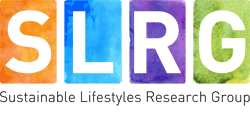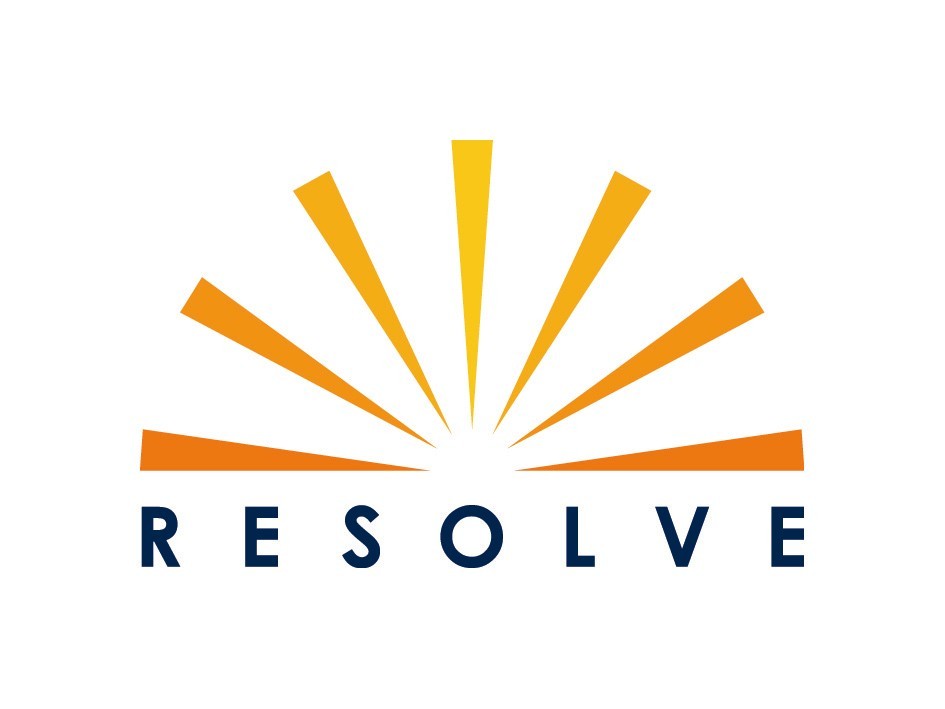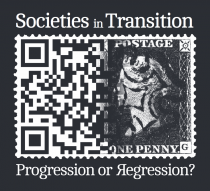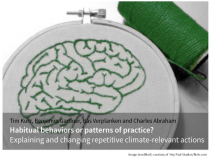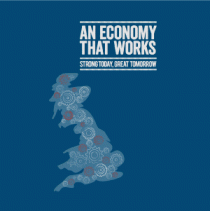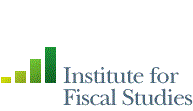- About
- Team
- Projects
- Children and the Environment
- ELiCiT (Exploring lifestyle changes in transition)
- Foundations for Sustainable Living
- HABITs
- Mapping Rebound Effects
- PASSAGE (Prosperity and Sustainability in the Green Economy)
- Policy Dialogue
- Price Responsiveness of Demand in Energy
- Resilience and Sustainable Lifestyles
- Sustainability Transitions in Food Systems
- Sustainable Living in Remote Rural Scotland
- Publications
- News
- Events
Publications
. Who rebounds most? Estimating direct and indirect rebound effects for different UK socioeconomic groups. slrg-wp-01-14.pdf (3.36 MB)
slrg-wp-01-14.pdf (3.36 MB)
. Who rebounds most? Estimating direct and indirect rebound effects for different UK socioeconomic groups. Ecological Economics. 2014;Volume 106:12–32. Available at: http://www.sciencedirect.com/science/article/pii/S0921800914002055.
. Well-being and Sustainable Development. In: Oxford Handbook of Happiness. [Editors: S David. I Boniwell and A Conley]. Oxford Handbook of Happiness.; 2013:498-517.
. Wachstum rettet uns nicht. Der Tagesspiegel. http://www.tagesspiegel.de/zeitung/wachstum-rettet-uns-nicht-/7348934.html. Published 2012.
